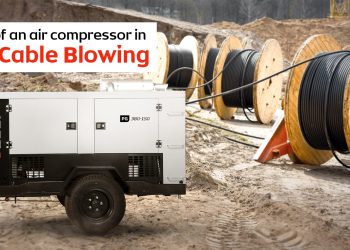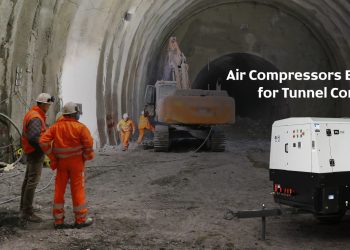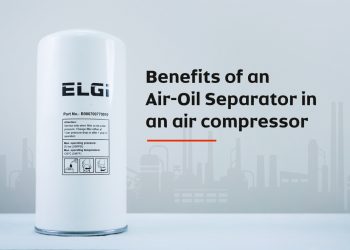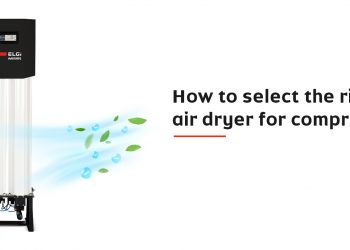Compressed air applications in the healthcare sector
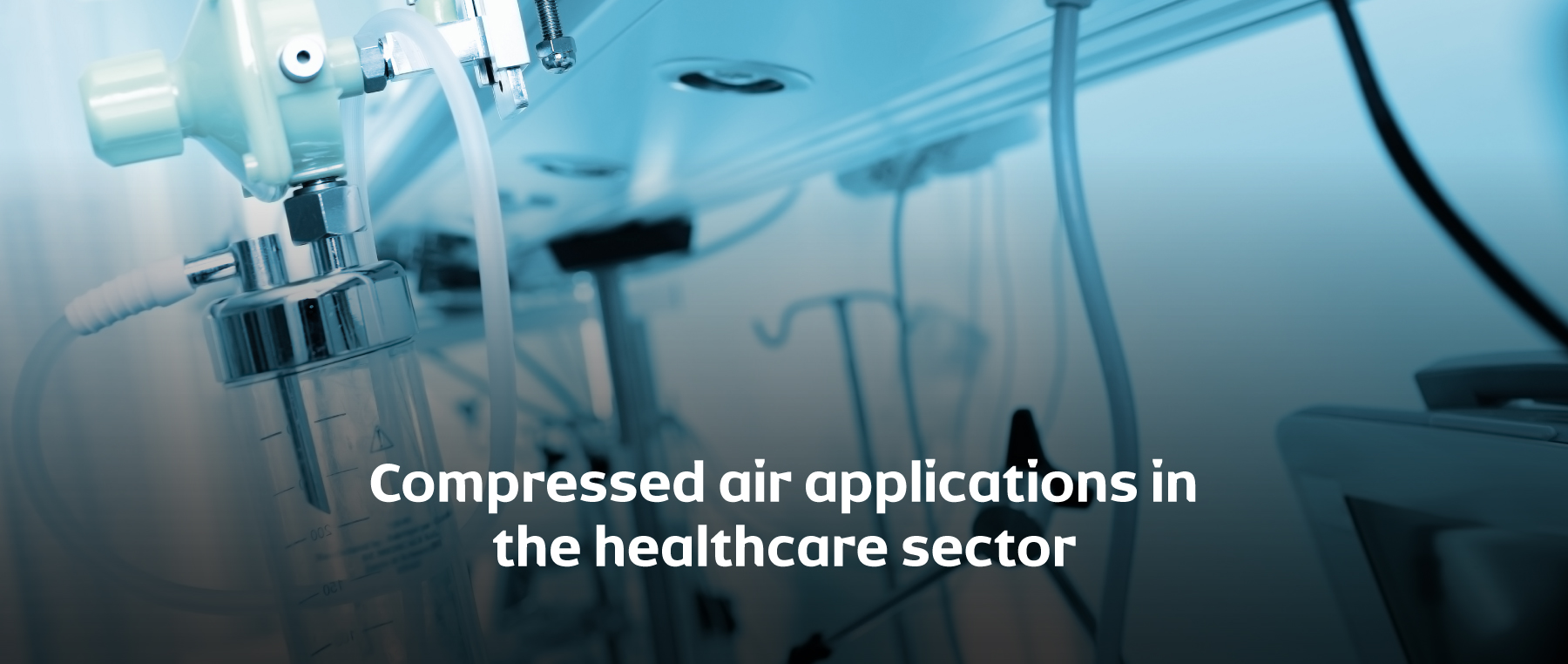
The use of air compressors in typical industrial applications such as manufacturing, spray painting, food processing and packaging is commonly known.
However, not many are aware that compressed air is a major power source in the healthcare sector and saves many lives. It is a key component that enables the functioning of modern medical equipment. Be it artificial respirators or surgical instruments, air compressors power a number of systems in hospitals and dental clinics.
Let us look into some of these in more detail:
Operation theatre
Medical-grade compressed air, free from contaminants such as oil, dust particulates, bioburden and water vapour, is administered to patients for anaesthesia and inhaled medications during surgeries. It keeps them with breathing and makes them feel comfortable during invasive procedures. Air compressors also help run several handheld medical tools and pneumatic devices in the OT.
Treatment of severe respiratory conditions in the ICU
Life support systems in Intensive Care Units (ICUs) are powered by air compressors. Medical grade air compressors deliver clean and dry air while running ventilators. They also power the incubators that provide a safe space to new-born babies as their vital organs develop. The controlled flow of air helps reduce unsafe levels of oxygen exposure and enables easy breathing for patients.
Dentistry
Air compressors are also at the core of dental treatments and surgeries. They help operate drills, scalers and other handhelds used by dentists in tooth extraction, root canal process, teeth cleaning and other invasive procedures.
Besides providing the cleanest of air for equipment, dental air compressors must also function without making much noise – this is necessary to enable dentists to focus on their work and the patients to stay relaxed. Small air compressors with filter silencers can significantly reduce the noise a unit makes.
Hospital maintenance
Compressed air is the best resource to clean dusty surfaces in any facility, making it useful for hospitals that must be kept very clean. Air compressors also power a number of other tools used in the repair and maintenance of medical equipment such as nail-guns, impact hammers and others.
Hospital maintenance teams also use air compressors to inflate mattresses and the tyres of wheelchairs, stretchers and service carts.
Air compressors that supply medical-grade air
Medical air compressors are specially designed to distribute air that does not have any traces of fine particles, oil, odour or moisture. Such air is used only for patient care and calibration of devices for respiratory applications.
Oil-free air compressors are the best models to supply medical-grade air Since they use materials like Teflon for lubrication, there is no trace of harmful oil in the air output of these compressed air systems.
It is also critical to eliminate water from healthcare compressed air systems because moisture is corrosive and can cause significant harm to the units. Besides damaging distribution pipelines and air receivers, it may lead to mould growth on equipment used in medical treatments. Water can also freeze in control lines during cold weather, resulting in faulty operation of associated applications.
Regardless of airborne moisture or vapour from system condensation, water in any form is harmful to systems run by medical air compressors and can lead to multiple breakdowns and repair bills.
More alarmingly, any bacterial contaminant or pathogens mixed with moisture, put patients’ lives in danger, defeating the very purpose of using compressed air in medical facilities.
Smooth functioning of air compressors
The key component requiring maintenance to avoid water in medical air compressors is the air dryer. While buying accessories, ensure that you choose the right size of dryers and fit them carefully, considering the amount of moisture that they can hold.
Service or replace the dryers when required because, in time, they tend to lose their ability to stop vapour from passing through the air compressor.
As part of your routine air compressor maintenance, check the condensate drains to prevent them from carrying moisture downstream into the linked medical systems. Get the clogged drains cleaned thoroughly and if there are any other signs of damage, contact a professional to make necessary repairs or replacements.
ELGi offers air compressors and accessories for the healthcare industry for select applications and to support your facility maintenance tasks. To know more about these models or to sign up for an annual maintenance package, contact our team at 1800-425-3544 (India tollfree) or write to us at communications@elgi.com .

